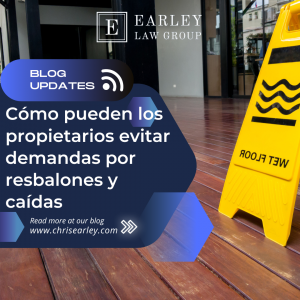
Economic damages are damages that are quantifiable and it is easy to determine monetary value. Some common economic damages are; medical expenses, lost wages, punitive damages, and disability benefits. With medical expenses, the injured victim would be compensated for medical treatments (present and future) that are necessary for recovery from the incident related injuries. The victim would additionally be compensated for lost income due to hospitalization or disability resulting from the incident. With disability benefits, victims are eligible if they require long term physical care or have had sufficient medical care and still are permanently disabled due to their injuries. Finally, punitive damages are awarded when there is proof that the property owner intentionally wanted to cause harm.
Pain and Suffering falls under the category on ‘non economic damages’, however there are a couple of standard ways in which a value can be determined; The Multiplier Method and The “Per Diem” Method. The Multiplier Method is an equation frequently used (specifically by insurance companies) to calculate Pain and Suffering damages. Through this equation, you add up all of the damages and multiply that number between one point five to five. However, in some claims, if the factors are overwhelming for the injured plaintiff, the multiplier may be increased to six, seven, or even ten. Factors that can justify a high multiplier include an elongated recovery (six months or more), physician indicates that your injuries will be recurring or degenerative, or you suffer some permanent consequence (i.e immobility). Nonetheless, this is not the only approach to quantifying your value claim. The “Per Diem” Method (“per diem” being Latin for per day) is the other common approach used in determining the value of a Pain and Suffering claim. The idea is to demand a specific value amount based on every day you had to live with the pain caused by your accident. This however can be tricky when justifying the daily rate utilized. The daily rate is mostly determined based on the daily wage earned.
If you’ve been in a slip and fall situation, please call our office at 617-444-7777. We’ll send you a FREE copy of our book, The Truth about Massachusetts Slip and Falls so you have all the information necessary to win your case!

 Massachusetts Personal Injury and Workers' Compensation Law Blog
Massachusetts Personal Injury and Workers' Compensation Law Blog





